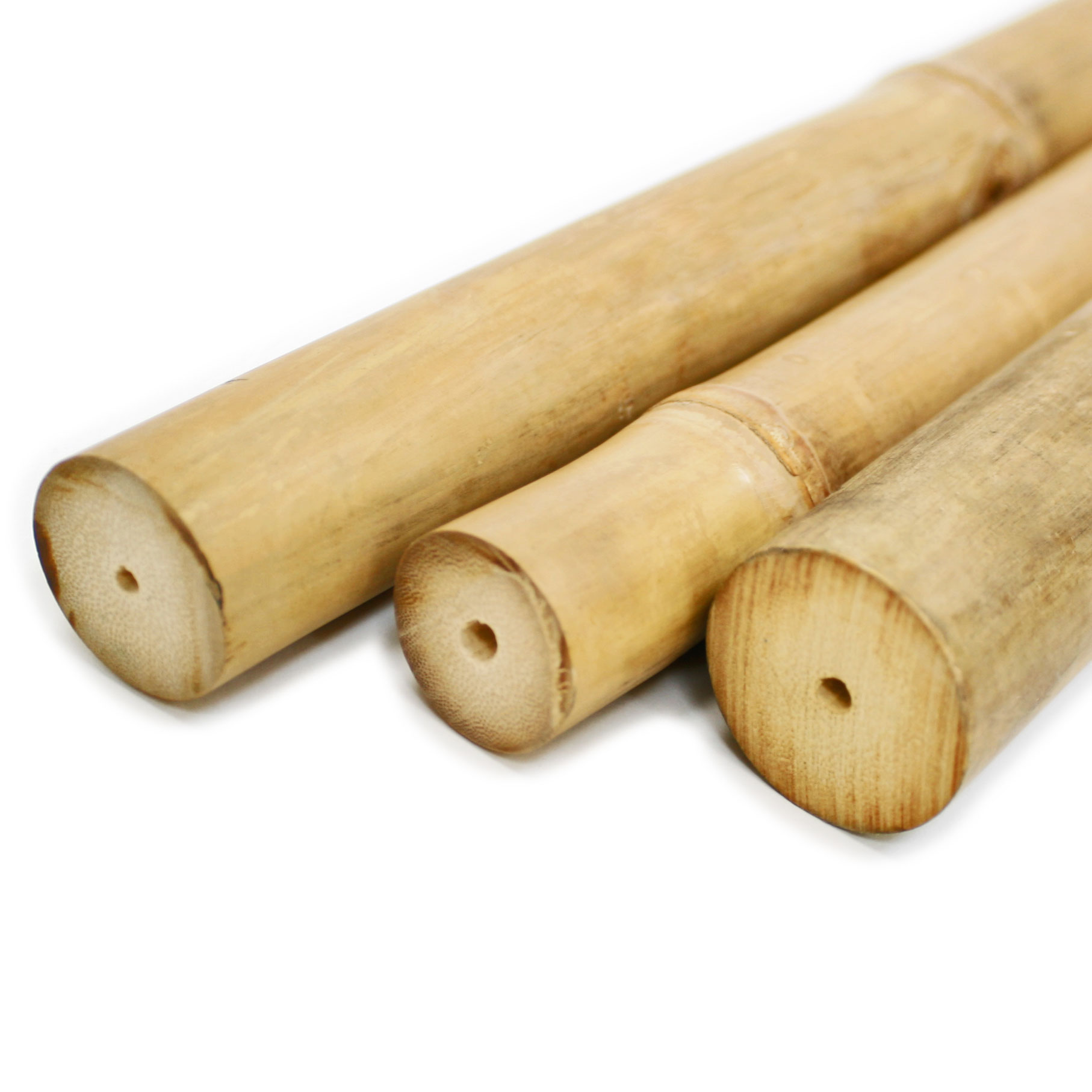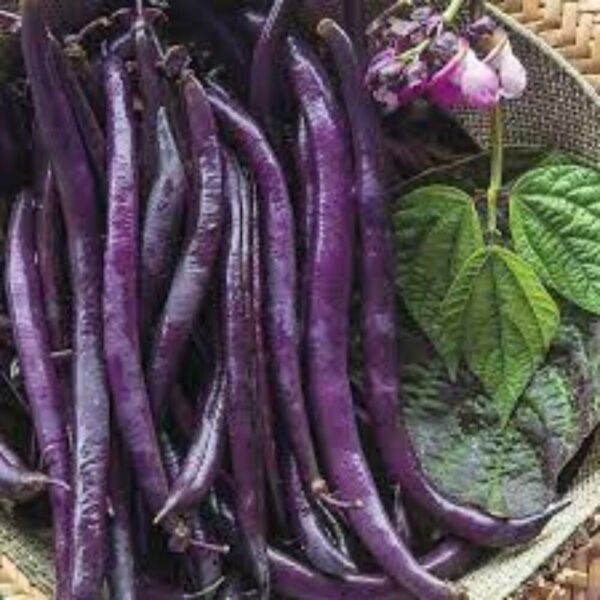Soild Bamboo (Small Bamboo)
Solid Bamboo or Small Bamboo typically refers to species of bamboo that have solid or nearly solid culms (stems), as opposed to the more common hollow culms found in most bamboo species. These types of bamboo are generally smaller in size and are used for specific purposes due to their strength and durability.
Out of stock
Solid Bamboo or Small Bamboo typically refers to species of bamboo that have solid or nearly solid culms (stems), as opposed to the more common hollow culms found in most bamboo species. These types of bamboo are generally smaller in size and are used for specific purposes due to their strength and durability.
Characteristics:
- Solid Culms: Unlike most bamboo species, which have hollow culms, solid bamboo has little to no hollow space inside its stems. This makes the culms denser and stronger, which can be advantageous for certain applications.
- Size: Solid bamboos tend to be smaller in diameter compared to larger, hollow species. Their height can also be relatively shorter, although this varies depending on the species.
- Growth Habit: Like other bamboo species, solid bamboos grow rapidly and can spread through rhizomes. However, their growth pattern can be more compact and less aggressive in spreading compared to larger bamboo varieties.
Common Species:
Some species of bamboo that are known to have solid or nearly solid culms include:
- Oxytenanthera abyssinica: Commonly known as Abyssinian Bamboo or Solid Bamboo, this species is native to Africa. It is used for a variety of purposes, including construction, fencing, and making tools due to its solid and strong culms.
- Chusquea: This genus includes several species of bamboo that are native to Central and South America. Many Chusquea species have solid culms and are smaller in size. They are often used in crafts, furniture making, and as ornamental plants.
- Arundinaria gigantea: Also known as River Cane, this bamboo species is native to the southeastern United States. While not entirely solid, its culms are denser than those of typical bamboo species. It is used by Native American tribes for making baskets, blowguns, and other traditional crafts.
Uses:
- Construction and Crafts: Solid bamboo is prized for its strength and density, making it suitable for constructing small structures, tools, and various crafts. The solid nature of the culms makes them particularly useful for applications where durability is important.
- Furniture: Due to its solid and strong culms, solid bamboo is often used in the manufacture of high-quality furniture. The dense wood can be crafted into chairs, tables, and other furniture items that are both sturdy and aesthetically pleasing.
- Traditional Uses: In regions where solid bamboo grows naturally, it has been used for centuries in traditional crafts, construction, and even as weapons. For example, solid bamboo can be fashioned into spears, arrows, and other implements.
- Ornamental Planting: Solid bamboo species, especially those that are smaller in size, are also popular in landscaping. They are often used as ornamental plants in gardens, adding a tropical or exotic look without the invasiveness of larger bamboo species.
Cultivation:
- Growing Conditions: Like other bamboos, solid bamboo species prefer well-drained soil and can grow in a variety of climates. They generally require moderate to high levels of sunlight and regular watering, especially during the growing season.
- Propagation: Solid bamboo can be propagated through division or by planting cuttings. Because they tend to grow more slowly than larger bamboo species, they are less likely to become invasive.
- Maintenance: Solid bamboo species generally require less maintenance than larger, more aggressive bamboos. However, regular pruning and thinning may be necessary to keep the plants healthy and to maintain their shape in ornamental settings.
Environmental Benefits:
- Sustainability: Bamboo, including solid bamboo species, is considered a sustainable resource because it grows rapidly and can be harvested without killing the plant. This makes it an eco-friendly alternative to traditional wood in many applications.
- Soil Stabilization: The root systems of solid bamboo species can help stabilize soil, making them useful in preventing erosion, especially on slopes or riverbanks.
| Weight | 15 g |
|---|







Reviews
There are no reviews yet.